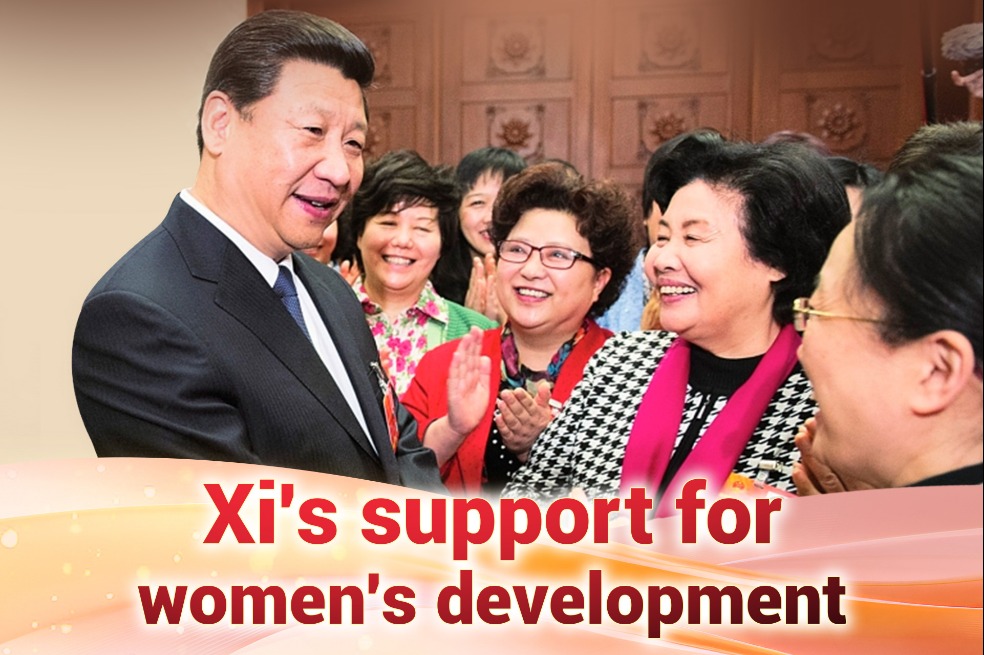Is local government's hyperloop plan a good investment or vanity project?


THE GOVERNMENT OF TONGREN, a city in Southwest China's Guizhou province, and Hyperloop Transportation Technologies, a US startup, have signed a cooperation framework agreement to build the first hyperloop in China. Qianjiang Evening News comments:
The planned hyperloop is to be 10 kilometers long for pods traveling at speeds of up to 1,000 kilometers per hour. According to the agreement, the hyperloop, if it meets relevant safety standards for public transport after completion and testing, will be extended and put into commercial operation.
The mayor of Tongren has said the cooperation is the fruit of the city's opening-up and its efforts to attract investment and technology. But while it is good that a less-developed inland city such as Tongren can come into contact with such a cutting-edge transportation technology. The local government needs to be prudent and consider the possible losses and potential risks of the project, including its environmental impact.
The hyperloop technology, which is still in its infancy, has not proven it is practical for commercial use. There is still a long way to go for it to prove it is safe.
Tongren is providing half the funds the project needs-with the rest coming from the US company-so its financial loss will be heavy if the project fails, or if the project cannot make ends meet. The project will be especially costly because unless limited and valuable farmland is used for the project, it will have to be built in a mountainous area.
Considering that seven out of the eight counties in Tongren are classified as national-level impoverished counties, it is no surprise that most people find it surprising that the city would make such a bold-if not unrealistic-step. Most consider it an "expensive toy" for publicity purposes.
It is known that even a high-speed railway takes time to recoup its investment given the huge input required. Without the central government's support, Tongren must not shun away from the question of how long it will be able to sustain the project even if the technology is a success.


































